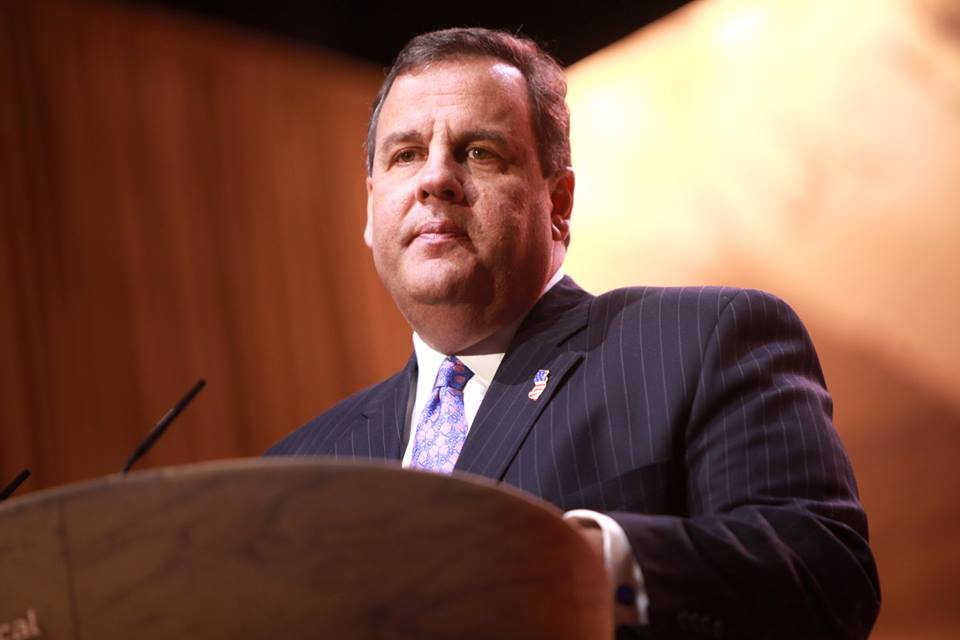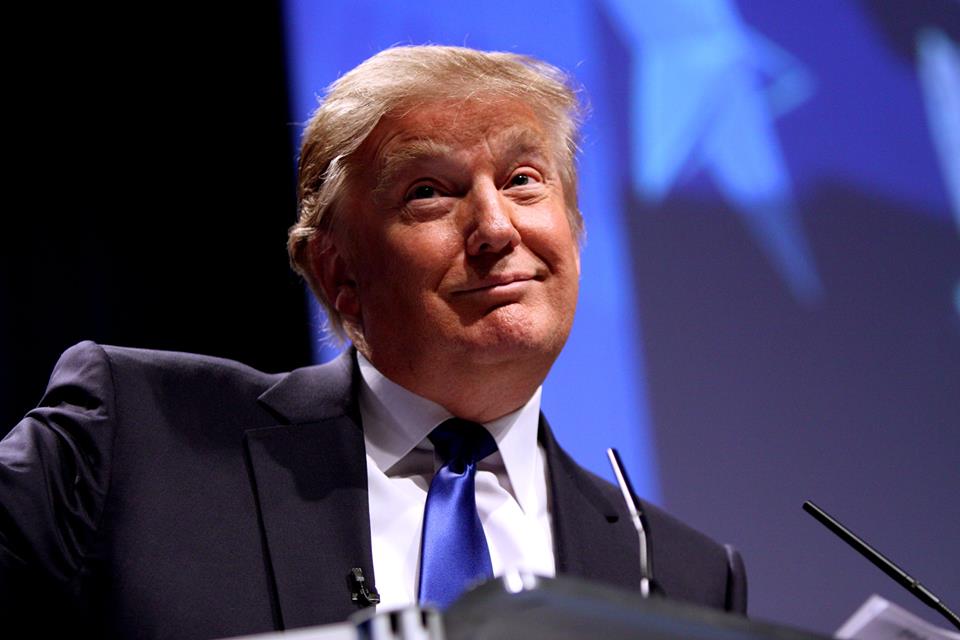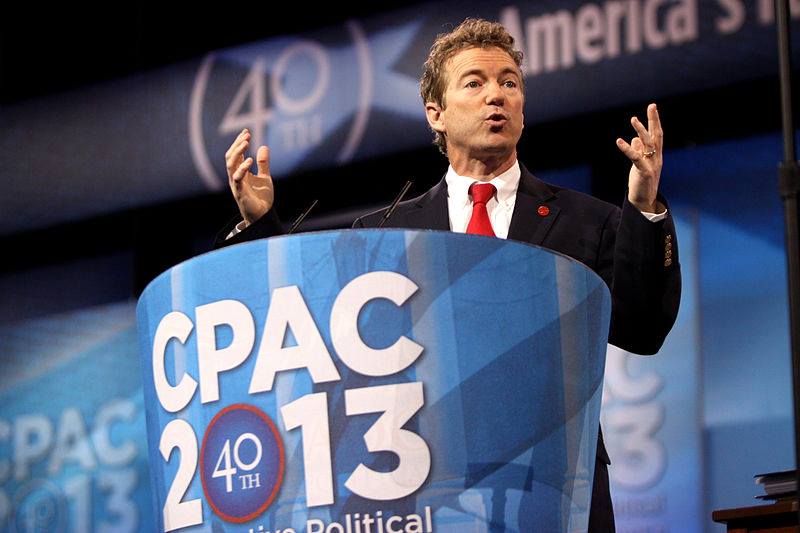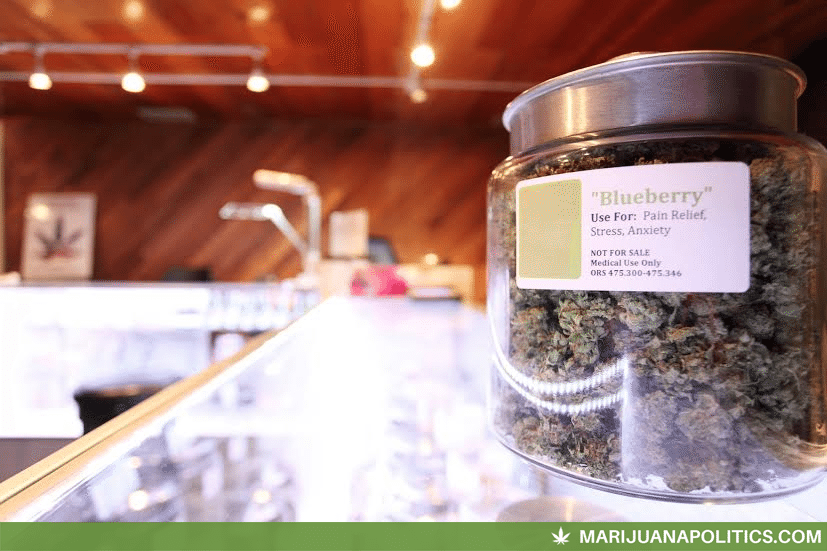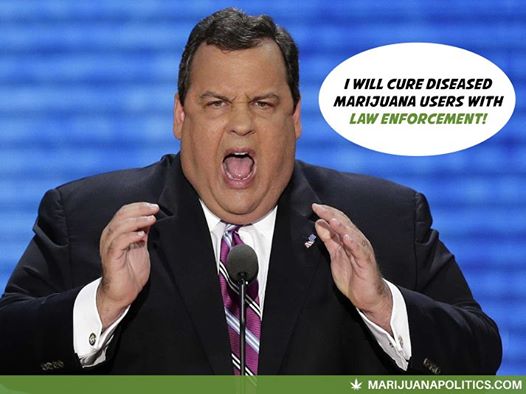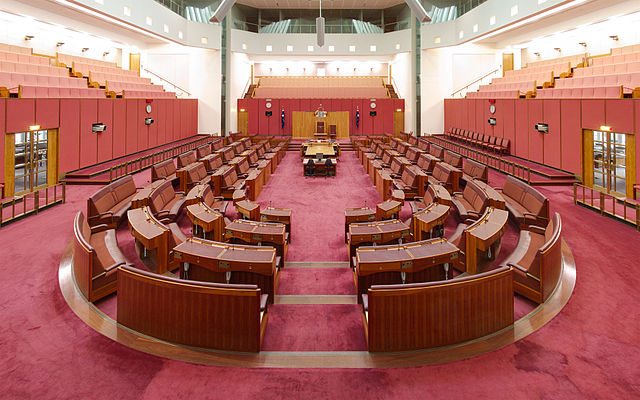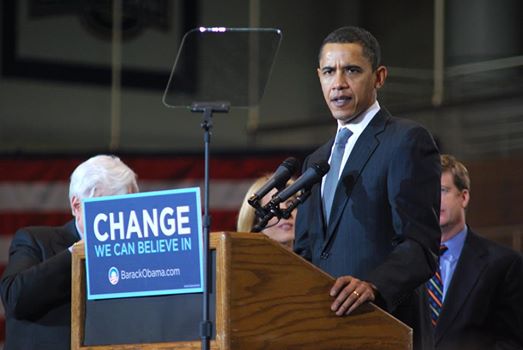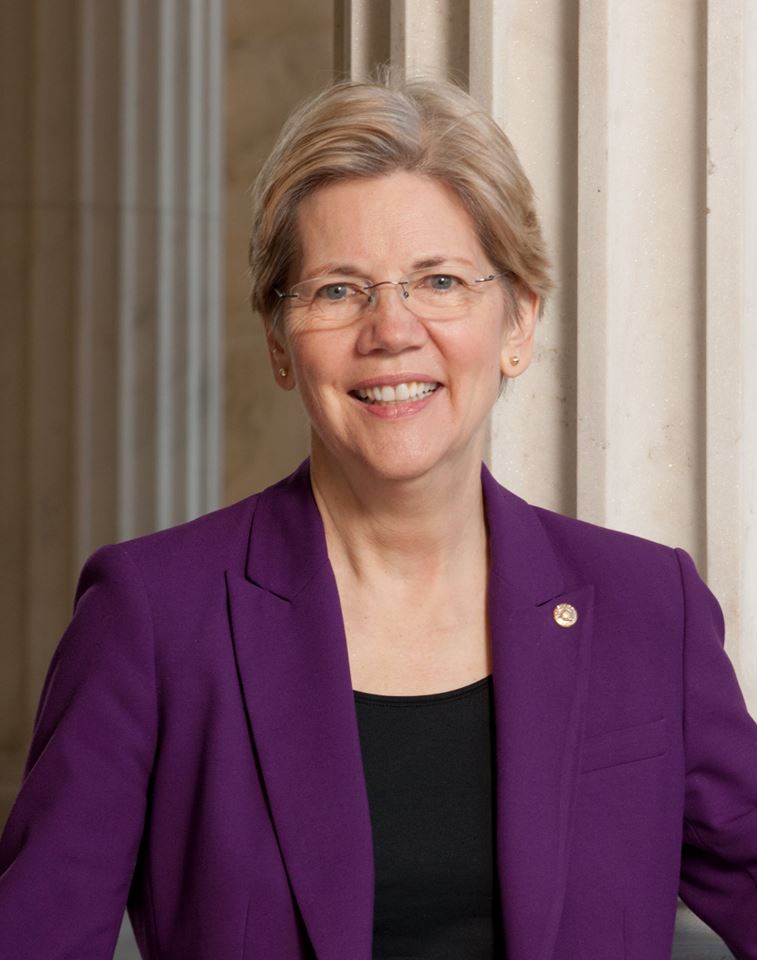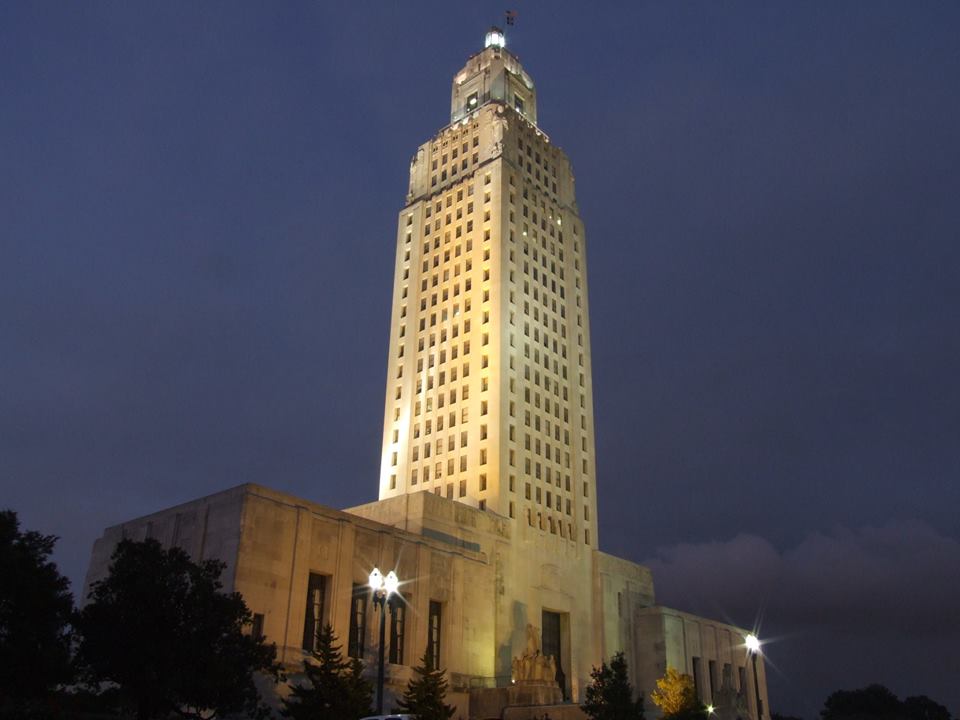As he made clear on Sunday, Bernie Sanders is serious about criminal justice reform. Speaking to an estimated 28,000 people at a campaign rally in Portland, Oregon, the Democratic candidate emphasized the need for change in terms of how crime is dealt with in the United States, making clear that he intends on implementing bold reforms should he become president.
While Sen. Sanders addressed many political issues at the event, his focus on criminal justice reform was clear from the start. Returning to the topic several times throughout the speech, Sanders paid homage to Michael Brown and highlighted several aspects of criminal justice he believes do more harm than good. Bernie Sanders lamented the fact that the United States leads the world in incarceration rates and called for the abolishment of private prisons and mandatory minimum sentences.
Sanders discussed the hypocrisy of the Drug War, particularly in how it contrasts with the rampant impunity of white-collar crimes:
“We see kids getting criminal records for having marijuana, but the CEOs of these large institutions get away with theft.”
(via Willamette Week)
Following the record-breaking Portland rally, the Sanders presidential campaign stated in a press release:
The big and boisterous crowds, Sanders said, are sending a message that it’s time to reverse the four-decade decline of the American middle class and launch a grassroots “political revolution” to take on the billionaire class. “Bringing people together,” Sanders added, is at the core of his campaign.
Sanders also called for criminal justice reform. “There is no candidate who will fight harder to end institutional racism in this country and to reform our broken criminal justice system,” he said.
In the nearly hour-long speech, Sanders touched on economic and jobs proposals, criminal justice reform and civil rights issues.
This isn’t the first time Bernie Sanders has spoken out against our overly punitive drug laws. Speaking at the University of Washington on Saturday, Sanders called the beast by name: “Too many lives have been destroyed by the War on Drugs.” The candidate has also suggested he would be open to the idea of legalizing marijuana were he to win the presidency. His Sunday appearance in Portland suggests he isn’t done talking about the issue of criminal justice reform.
Sunday was an opportune time for Sen. Sanders to further discuss his criminal justice agenda. On Saturday, As he began a speech at an event in Seattle, Sanders was shut down by protesters identifying as Black Lives Matter activists, who urged him to take a stand for racial justice in his presidential campaign. On the following day, the Sanders campaign released his official platform on racial justice, which touches on the many ways in which criminal justice policies disproportionately affect people of color in the United States:
Millions of lives have been destroyed because people are in jail for nonviolent crimes. For decades, we have been engaged in a failed “War on Drugs” with racially-biased mandatory minimums that punish people of color unfairly.
If current trends continue, one in four black males born today can expect to spend time in prison during their lifetime. Blacks are imprisoned at six times the rate of whites and a report by the Department of Justice found that blacks were three times more likely to be searched during a traffic stop, compared to white motorists. African-Americans are twice as likely to be arrested and almost four times as likely to experience the use of force during encounters with the police. This is an unspeakable tragedy.
We must reform our criminal justice system to ensure fairness and justice for people of color.
(via BernieSanders.com)
As he reiterated his commitment to criminal justice reform, Bernie Sanders drew loud cheers from his crowd of 28,000 supporters — his biggest one yet. As the Washington Post reports, he “has drawn larger crowds than any candidate from either party to this point in the 2016 cycle,” his previous record being a rally held the day before at the University of Washington. The Portland crowd almost doubled his record, which Bernie certainly took note of: “Portland, you have done it better than anyone else.”



